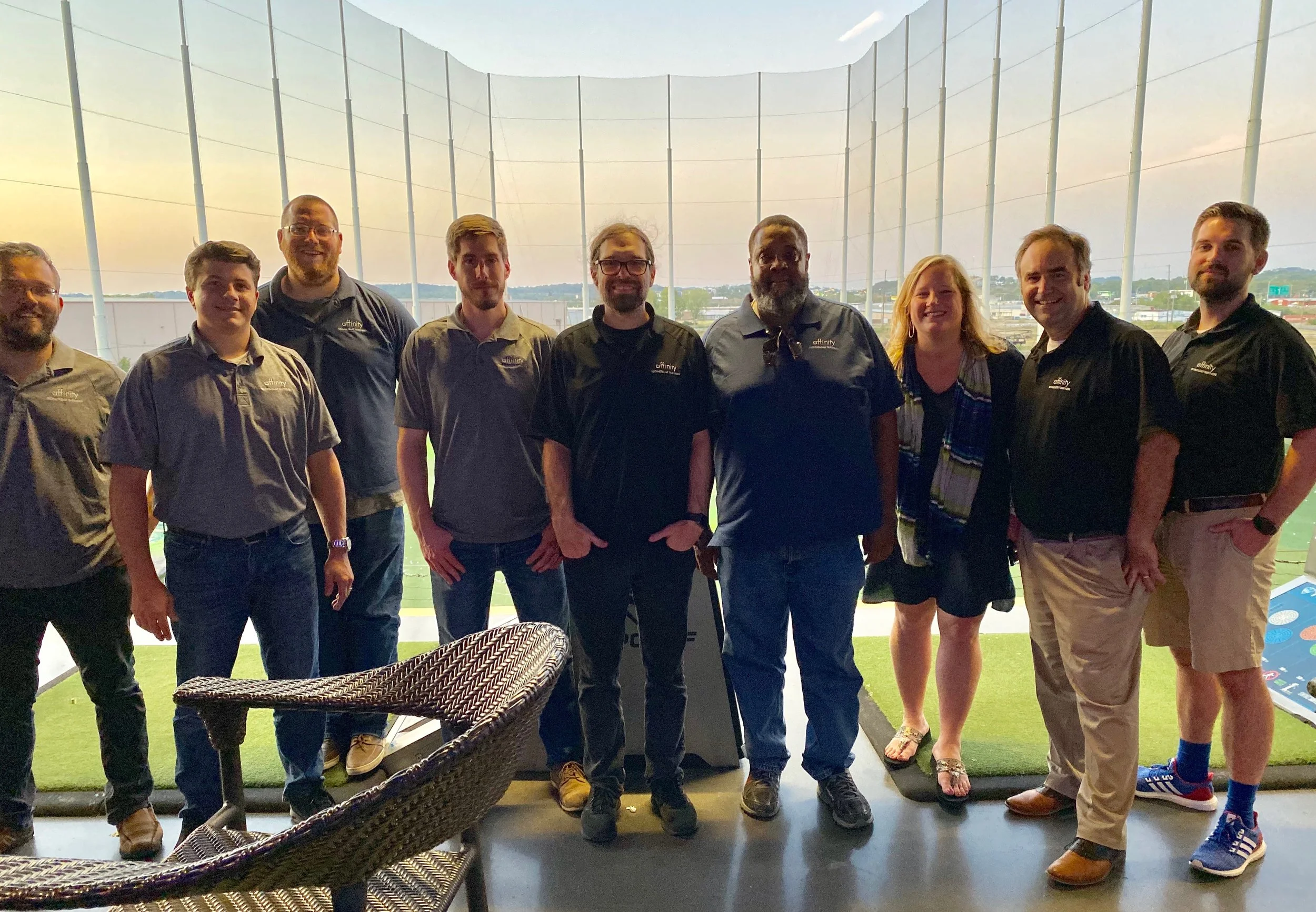The Affinity Team's Predictions for Technology in 2020
/As we close the book on 2019 and look ahead to 2020, we’re all curious about what trends might affect our businesses and our lives in the new year. And it’s hard to think of an industry more dynamic, with new trends from one moment to the next, than technology.
Still, as your managed services provider, we wanted to give you some sense of what kinds of developments we see coming down the pike in the new year. While no one has a crystal ball, our team of technology experts have some educated predictions about what we can expect in technology, from consumer devices to cybersecurity, in 2019. Our hope is that these predictions will be helpful to you in your business planning, as even developments in consumer tech might affect your customers in interesting ways. Plus, if you’re anything like us, thinking about what technology might make possible in the near future is just plain fun.
Read More








